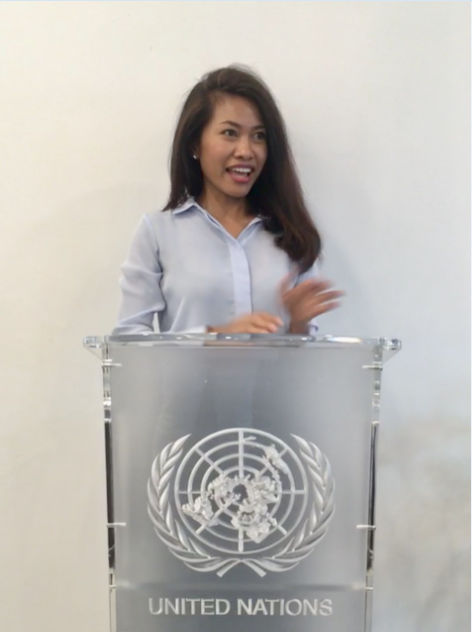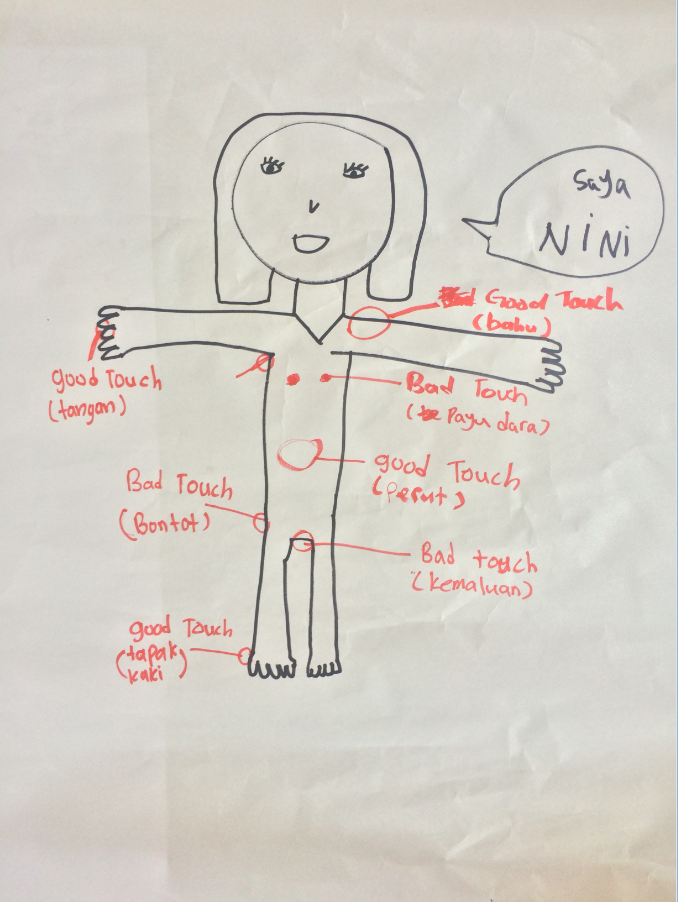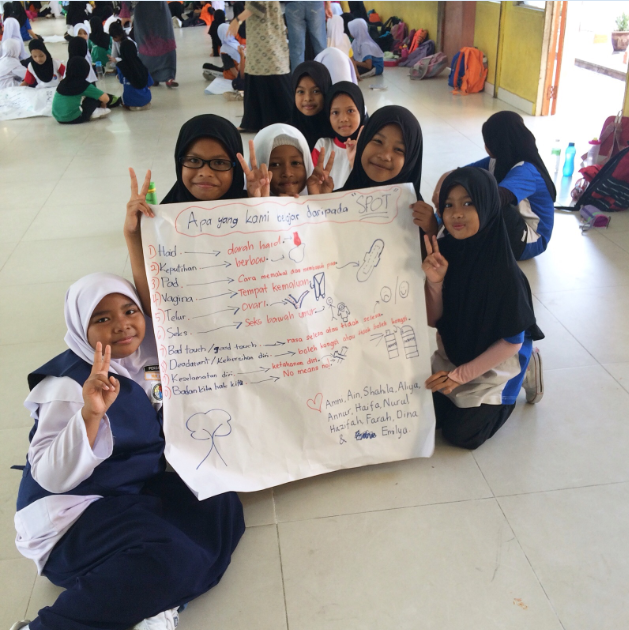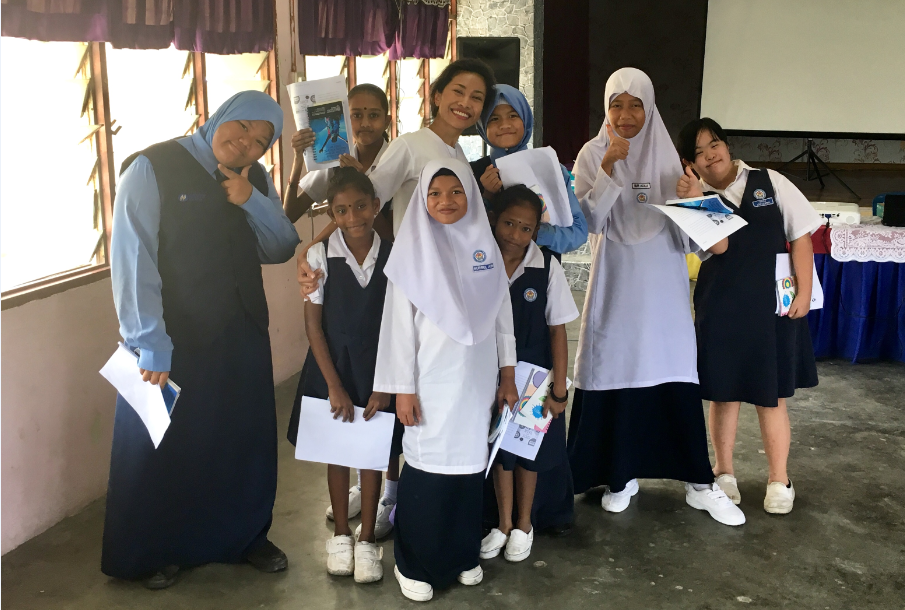From victim to vehement educator

Siti Aishah © SPOT
Siti Aishah Hassan Hasri was first sexually assaulted at age eight. Then she was molested four times between the ages of 14 and 26. When she told her parents the first time it happened, they didn’t know how to handle the issue because the perpetrator was a close family friend.
The second perpetrator was an imam, who had been invited by her family to conduct religious classes at her home.
Again, Siti Aishah told her parents but they took no action because the imam was supposed to be a respected person in society.
She stopped telling her parents after that.

The SPOT programme is a comprehensive sexuality education for young girls © SPOT
As a way of coping and trying to understand her situation, she got involved in volunteer work when she was a teenager.
“I needed to know why this was happening to me and how to stop it from happening to other people,” Siti Aishah told DW.
While she was an undergraduate at Universiti Malaya (UM), studying performing arts, she worked as a volunteer enumerator for a research project, tasked with collecting data by interviewing families in affordable housing projects in Kuala Lumpur.
“Having a first-hand opportunity to speak to parents and children about their level of awareness about health and its related issues made me realize the lack of correct information in regards to sexual and reproductive health, including knowledge about HIV and AIDS.

To date, the SPOT programme has reached out to over 2,500 young girls in Malaysia © SPOT
“Parents were found to be absent most of the time, leaving younger children vulnerable to sexual assault, violence and exploitation (child grooming). So I started working on a solution to address these issues,” said Siti Aishah, who is currently pursuing a Master’s in Performing Arts.
In 2014, she started looking into better ways of providing comprehensive sexuality education (CSE) in an effort to address teenage pregnancies, gender-based violence and the practice of promoting marriage as a supposedly legitimate solution to sexual impropriety.
In December that year, Siti Aishah founded SPOT – the Soroptimist Puberty Organizing Toolkit – a volunteer initiative focused on developing and delivering information about puberty and sexual abuse prevention.
“According to UNICEF, one in every four girls is a victim of sexual assault. That’s too high. It’s common but it is far from normal,” she insists.
SPOT activities address the rates of underage sexual activities, teenage pregnancies, child grooming and ensure that young people are better equipped to access and demand their rights.
In 2015, the SPOT program was conducted for the first time in an urban school, with 55 adolescent girls participating. By 2017, the program had been delivered to 2,500 young women in Kuala Lumpur, Selangor, Penang and Sabah.

Siti Aishah with some of the students who have undergone the SPOT programme @SPOT
“The key objective of our program is to close the gap between the information that children are supposed to receive and the information that they are actually receiving.
“By delivering correct, age-appropriate and culturally-sensitive information, participants will be able to make more informed decisions, demonstrate a more positive attitude towards sexual and reproductive health, and develop better skills to manage their personal growth,” said Siti Aishah.
The program has received support from the United Nations Population Fund (UNFPA) Malaysia, which feels that SPOT programs should be integrated into the school curriculum.
“We would like to establish SPOT as Malaysia’s largest early CSE provider and also extend our free public talks and workshops to out of school and special needs children, as well as parents,” says Siti Aishah.
“Our 10-year-plan is to grow SPOT into a social enterprise; provide support and training to teenage girls as change-makers and sexual health advocates within their schools and communities; and to provide scholarships for girls”.
For more information, go to https://www.hellospotgirl.com/
Author: Elle Wong (act)






